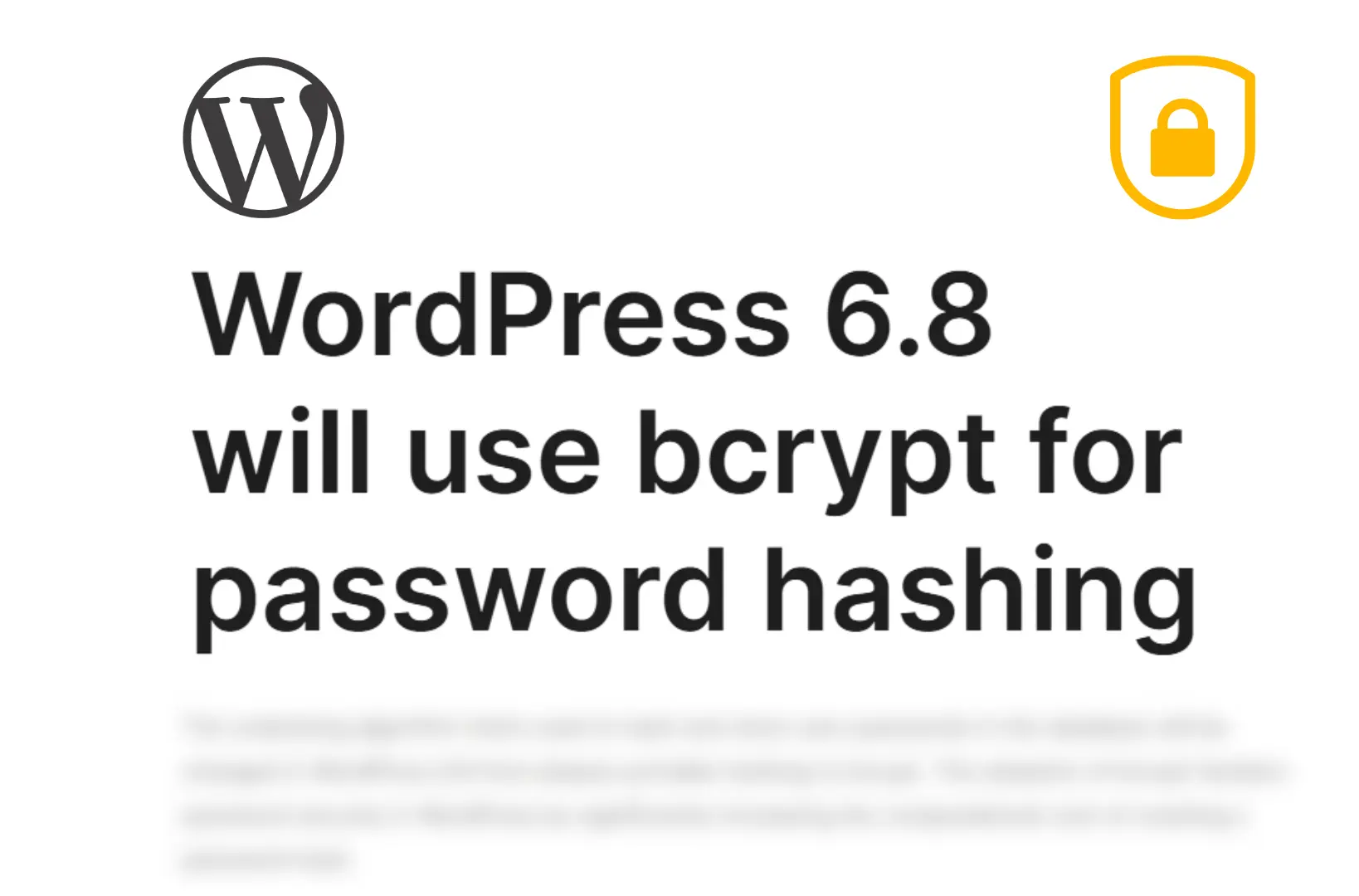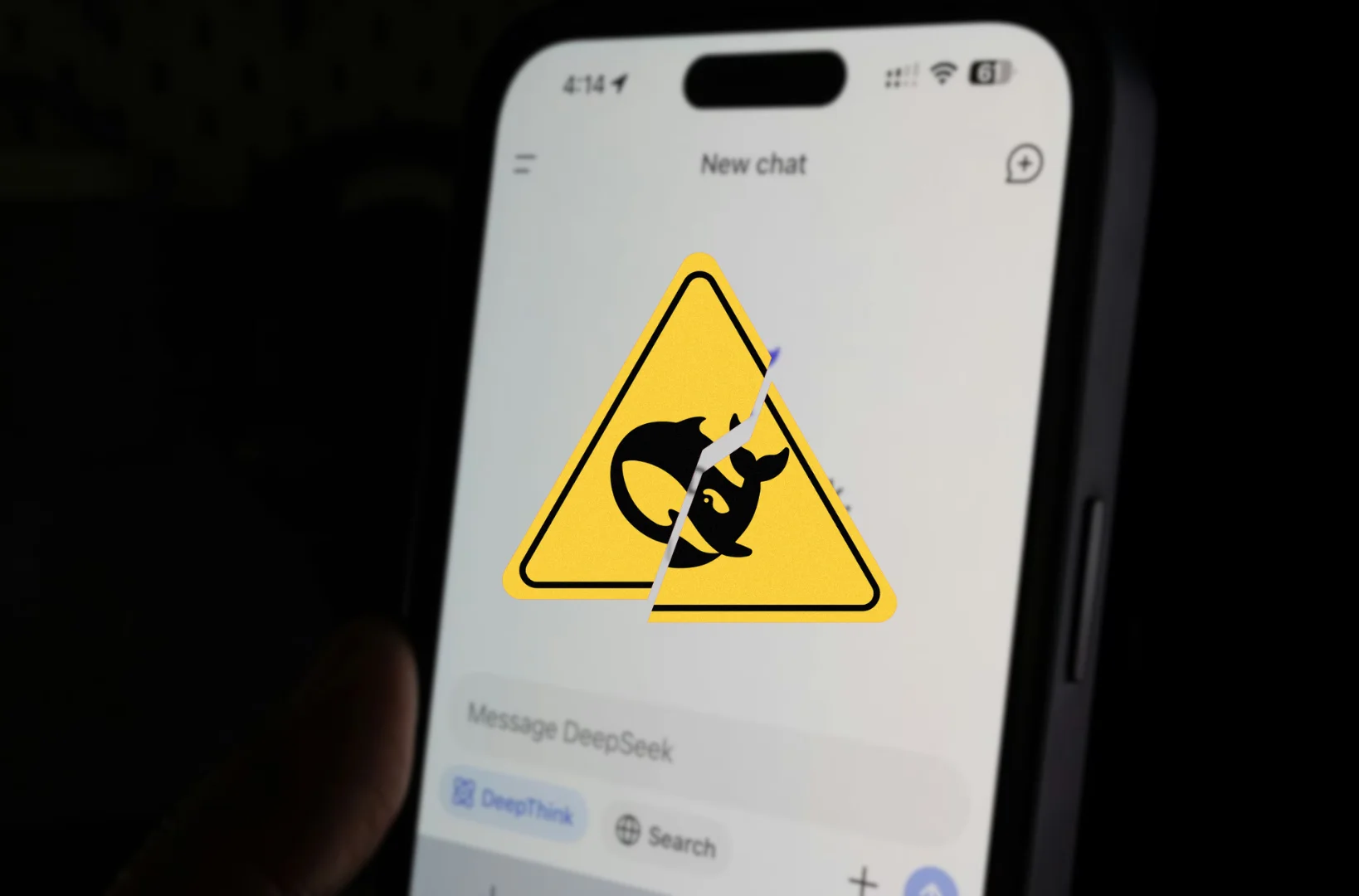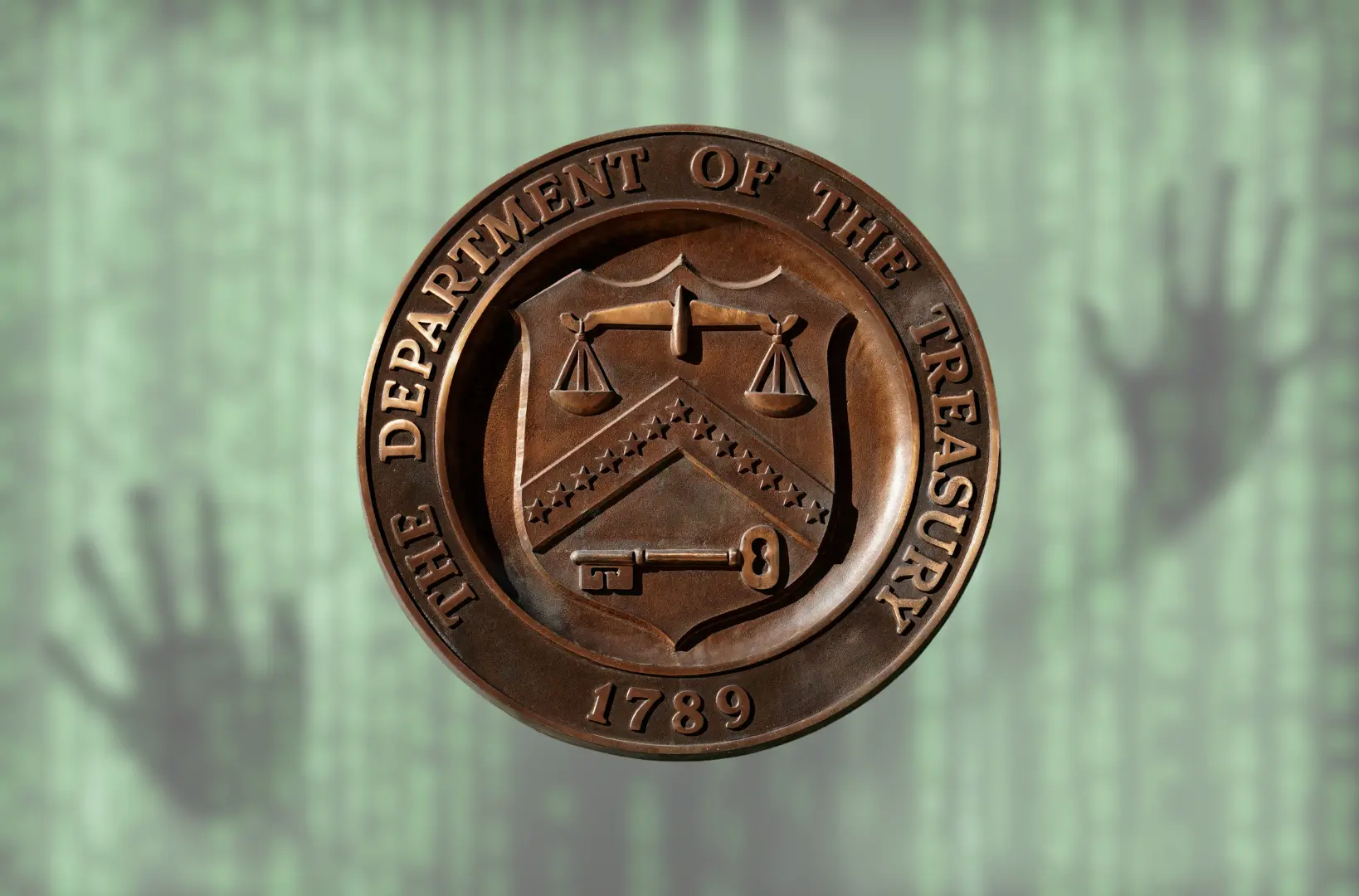In the world of digital privacy, a new vulnerability discovered in Cloudflare’s Content Delivery Network (CDN) is shaking the foundations of secure online communication. Despite Cloudflare’s robust security measures, a flaw has been identified that can inadvertently leak sensitive user location data, even when interacting through encrypted chat apps. This blog delves into the implications of this flaw, how it works, and what users can do to protect their privacy.
What Is Cloudflare CDN and Why Is It Vulnerable?
Cloudflare, one of the largest and most popular Content Delivery Networks (CDNs), is designed to optimize website performance by distributing content across servers globally. By doing so, it speeds up page load times, improves uptime, and enhances security for users.
However, this system has a vulnerability. A flaw in Cloudflare’s routing mechanism allows attackers to access users’ geographical location data. Even with end-to-end encryption in place, which secure chat apps depend on, Cloudflare’s network may still expose users’ sensitive location information.
How Cloudflare’s CDN Flaw Affects Secure Chat Apps
Secure messaging apps like WhatsApp, Signal, and Telegram are widely trusted by users who prioritize confidentiality. These apps use end-to-end encryption to protect users’ messages from interception. Unfortunately, the Cloudflare CDN flaw has the potential to bypass these encryption layers, exposing users’ location data.
The vulnerability affects more than just browsing websites. Even if users are communicating on a secure platform, their precise geographical location can still be detected by attackers, compromising their privacy and security.
The Risk of Exposed User Location Data
- Privacy Breach: The most significant risk posed by this vulnerability is a breach of privacy. Cloudflare’s CDN flaw allows third parties to track users’ locations, even if they are using encrypted communication apps.
- Targeted Cyberattacks: Hackers or malicious entities could exploit this flaw to launch targeted attacks based on users’ geographic information. This could lead to everything from phishing attempts to real-world threats, such as stalking or physical harm.
- Undermined Trust in Secure Apps: As secure chat apps promise to protect user data, any flaw that compromises this trust could lead to a widespread loss of confidence in these tools. This could hinder the adoption of encrypted messaging services that millions rely on daily.
How Does the Cloudflare CDN Location Data Leak Work?
The flaw stems from how Cloudflare routes traffic. When users connect to websites or apps that use Cloudflare’s CDN, their location data is sometimes exposed due to the way servers communicate with each other. This happens despite using encryption methods such as HTTPS, leaving users vulnerable to location tracking.
More troubling is that this flaw can still affect users even within encrypted chat apps, which are designed to provide secure and private communication. It indicates a severe gap in the security mechanisms of both CDN providers and apps relying on them.
Steps to Protect Your Privacy From Cloudflare’s Location Data Leak
While Cloudflare works on a patch, there are several proactive steps you can take to safeguard your location data:
1. Use a VPN to Mask Your IP Address
A Virtual Private Network (VPN) can help mask your real IP address, preventing Cloudflare from pinpointing your location. By connecting to a VPN, your traffic is routed through a secure server, adding an extra layer of privacy.
2. Update Your Software Regularly
Keep your apps, browsers, and security software up to date. As this vulnerability becomes more widely known, Cloudflare and other service providers are likely to release patches to address it. Timely updates are essential to ensure you’re protected.
3. Monitor Your Digital Footprint
Use tools like IP geolocation checkers to monitor any inadvertent location leaks. This can help you identify if your location is being exposed unexpectedly, and if so, take steps to mitigate the risk.
4. Review App Permissions
Be cautious about which apps have access to your location. Regularly review and adjust permissions to ensure that unnecessary services aren’t collecting sensitive data.
How Cloudflare Can Fix the Location Data Leak Flaw
Cloudflare has acknowledged the issue and is likely working on a fix. Once implemented, this patch should prevent any accidental leakage of location data across its CDN. In the meantime, website administrators and developers who rely on Cloudflare should review their settings and ensure that they are implementing additional security measures, such as using alternate CDN providers or additional location-hiding techniques.
Implications for Digital Security and Privacy in the Future
The Cloudflare CDN flaw is just one example of how interconnected systems in the digital world can sometimes compromise user privacy. It serves as a reminder that even the most secure communication channels are vulnerable to exploitation if overlooked flaws in the infrastructure exist. The incident calls for a broader discussion about the importance of ensuring that all layers of digital communication, from CDNs to apps, maintain robust privacy and security standards.
Conclusion: A Wake-Up Call for Digital Privacy
As digital communication tools become more prevalent, ensuring the security of user data is paramount. The Cloudflare CDN flaw underscores the need for continued vigilance and innovation in the field of cybersecurity. While Cloudflare works to resolve the issue, users can take steps to mitigate the risk by using VPNs, updating their software, and being proactive about their online privacy.
This flaw is a clear reminder that privacy and security are ongoing concerns in the digital age. As cyber threats evolve, so too must our approach to safeguarding sensitive data.
Suggested reads:
- What can your business learn from moveit hack
- Critical Zero-Days in Premium WordPress Real Estate Plugins
- North Korean Hackers Steal $660M in Crypto Heists

Jahanzaib is a Content Contributor at Technado, specializing in cybersecurity. With expertise in identifying vulnerabilities and developing robust solutions, he delivers valuable insights into securing the digital landscape.








